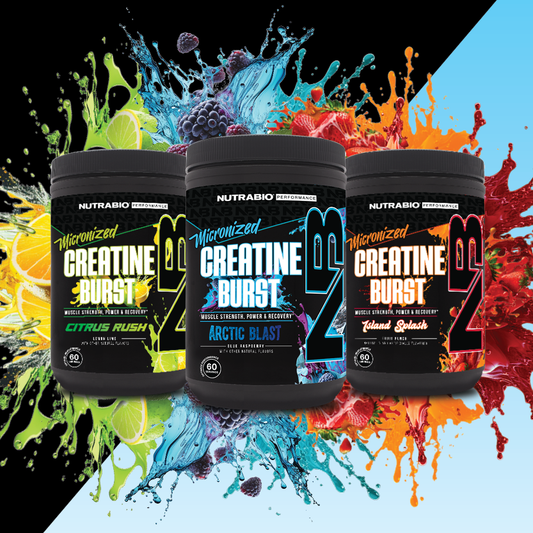EndurElite Chief Endurance Officer discusses what EPOC is, what variables affect it, and why it is important for runners, cyclists, and other endurance athletes.
Let me catch my breath here for a second. All right. Good morning, EndurElite family of fast. Matt Mosman, the supplement nutrition guru coming at you today, and talking about something new with exercise physiology. So, my good friend, Jeremiah. Jeremiah was a buffer. Was a good friend of mine. Back to the point. Jeremiah, sent me the question, what is EPOC?
EPOC definition
EPOC stands for Excess Post-exercise Oxygen Consumption. It is the oxygen uptake above resting values used to restore the body to pre-exercise condition.
That's a mouthful. So, a little bit of a backstory before we explain a little bit more about EPOC.
What is EPOC?
When you first start exercising, you're gonna see a pretty sharp increase in the amount of oxygen your body is utilizing and at heart rate will go up, and at this point, you're operating an oxygen deficit for, yeah, depending on how fit you are at the first 5 to 15 minutes before you reach steady state.
So, you reach steady-state, you know, you're running along, you finish up the exercise, and then immediately, after exercise, depending on the length and intensity of it, oxygen levels will remain elevated and this is where really EPOC comes in.
So, basically, what EPOC is, is how much oxygen your body is using after exercise to get it back to equilibrium like, when, you know, before you head out for the run you were chilling out at the couch, drinking a beer, and eating Cheetos, and stuff like that.
So that EPOC is basically trying to get you back to equilibrium or resting state of the body.
What Factors Affect EPOC?
Now, there's a lot of factors that can increase the length of EPOC. And these are things like:
- The re-synthesis of ATP and creatine phosphate stores
- The re-synthesis of glycogen from lactate.
- The oxygen re-saturation of tissue water, venous blood, skeletal muscle tissue
- Repair of damaged tissue
- Increased body temperature.
Now, how does this all go back to endurance exercise? Honestly, the more fit you are, the less time it's gonna take for that EPOC to calm down. So, in a roundabout way, it's kind of an indicator of fitness of how fast your body can recover after exercise. So, that, in a nutshell, is EPOC.
And if you like this video and you want to learn more about EPOC, and supplementation, and nutrition, and other things about endurance training, and exercise physiology, head on over to the EndurElite blog at www.endurelite.com, and get yourself educated. All right, my endurance friends, until next time. Stay fueled, stay focused and stay fast.


